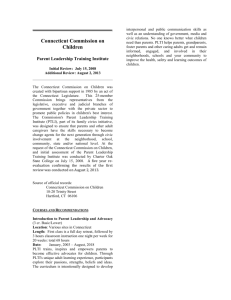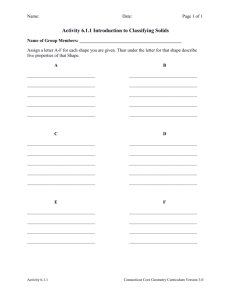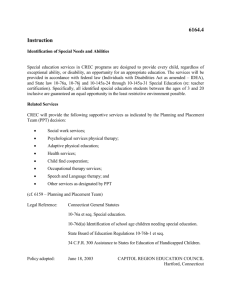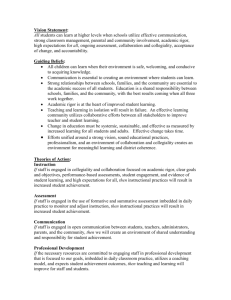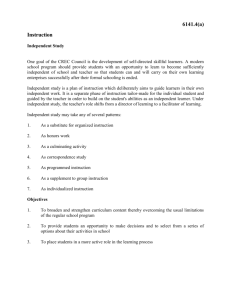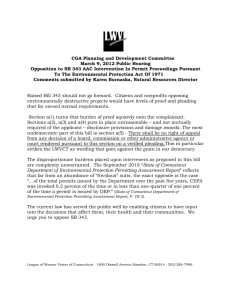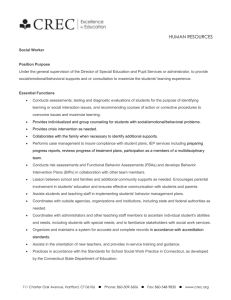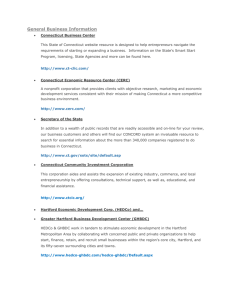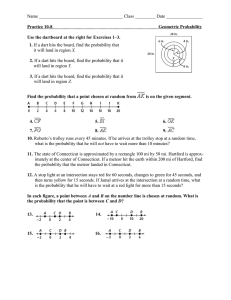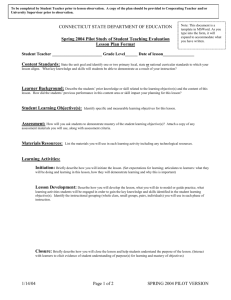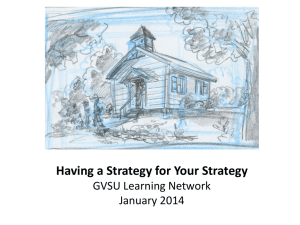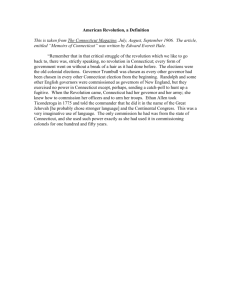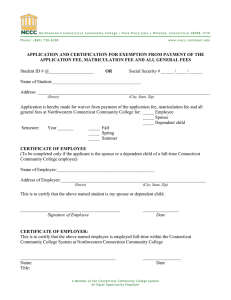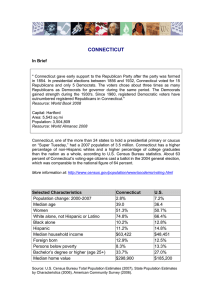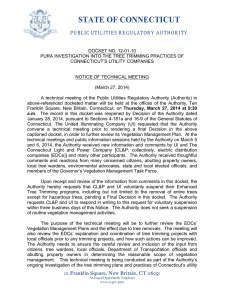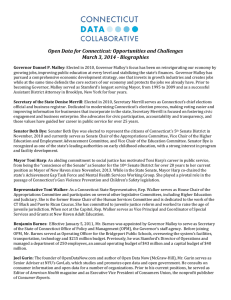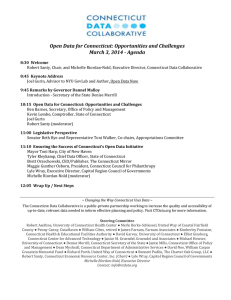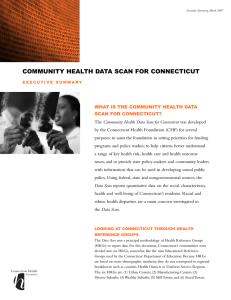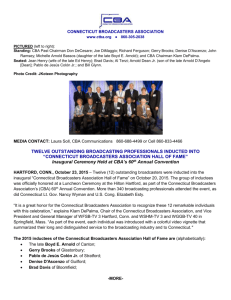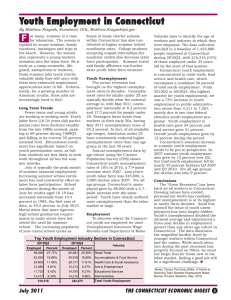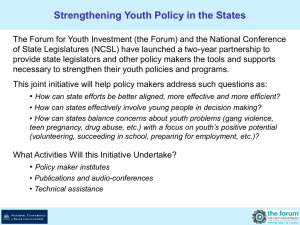4118.21 - Capitol Region Education Council
advertisement
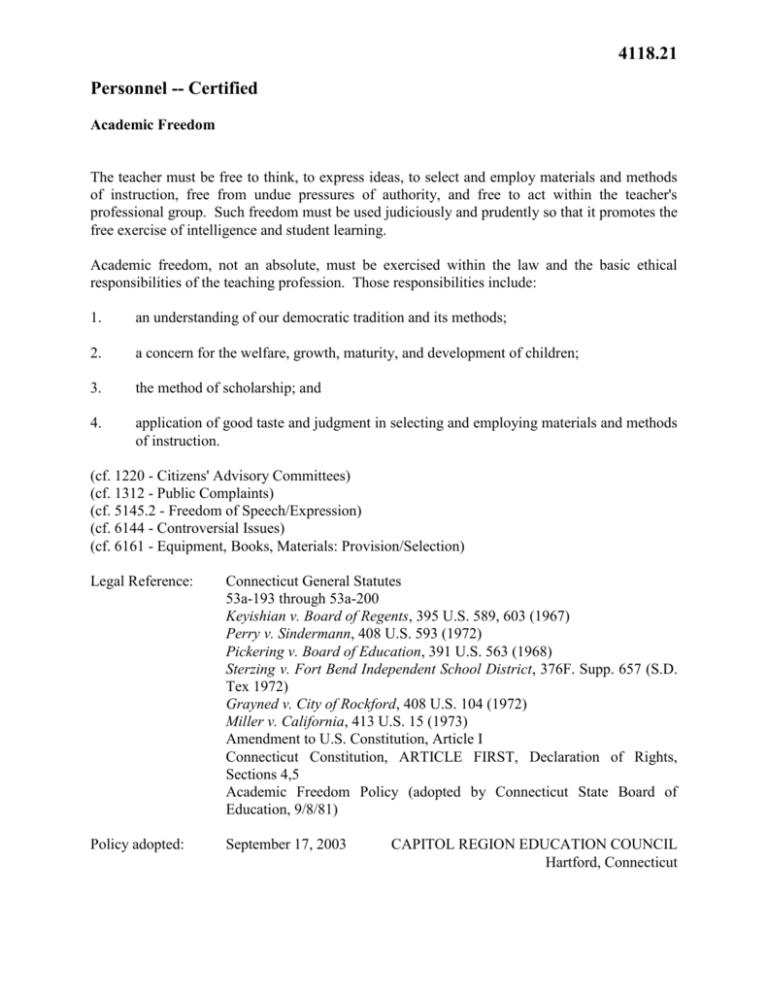
4118.21 Personnel -- Certified Academic Freedom The teacher must be free to think, to express ideas, to select and employ materials and methods of instruction, free from undue pressures of authority, and free to act within the teacher's professional group. Such freedom must be used judiciously and prudently so that it promotes the free exercise of intelligence and student learning. Academic freedom, not an absolute, must be exercised within the law and the basic ethical responsibilities of the teaching profession. Those responsibilities include: 1. an understanding of our democratic tradition and its methods; 2. a concern for the welfare, growth, maturity, and development of children; 3. the method of scholarship; and 4. application of good taste and judgment in selecting and employing materials and methods of instruction. (cf. 1220 - Citizens' Advisory Committees) (cf. 1312 - Public Complaints) (cf. 5145.2 - Freedom of Speech/Expression) (cf. 6144 - Controversial Issues) (cf. 6161 - Equipment, Books, Materials: Provision/Selection) Legal Reference: Connecticut General Statutes 53a-193 through 53a-200 Keyishian v. Board of Regents, 395 U.S. 589, 603 (1967) Perry v. Sindermann, 408 U.S. 593 (1972) Pickering v. Board of Education, 391 U.S. 563 (1968) Sterzing v. Fort Bend Independent School District, 376F. Supp. 657 (S.D. Tex 1972) Grayned v. City of Rockford, 408 U.S. 104 (1972) Miller v. California, 413 U.S. 15 (1973) Amendment to U.S. Constitution, Article I Connecticut Constitution, ARTICLE FIRST, Declaration of Rights, Sections 4,5 Academic Freedom Policy (adopted by Connecticut State Board of Education, 9/8/81) Policy adopted: September 17, 2003 CAPITOL REGION EDUCATION COUNCIL Hartford, Connecticut 4118.21 R Personnel -- Certified Academic Freedom 1. Teachers and administrators shall have the right to determine and select which instructional material and methods are to be used in the schools, subject to budgetary consideration. 2. The exercise of this right shall be within the framework of good taste and the growth and maturity of children. 3. Partisan views of teachers, administrators, the public, and/or Council members may not be used to suppress (or promote) instructional materials that are otherwise appropriate (or inappropriate). 4. The goal in selecting and utilizing instructional materials is the development of children's critical facilities, and of their ability to learn for themselves and make sound judgments; therefore, the selection of materials should be broad rather than narrow, factual rather than dogmatic. 5. Teachers shall not exclude relevant materials simply because it is unpopular or not widely accepted. 6. Teachers' personal opinions may be presented provided that the teacher does not use them to indoctrinate students. 7. Teachers shall not penalize students who disagree with them or who present views which are unpopular and/or not widely accepted. (cf. 6144 - Controversial Issues) Regulation approved: September 17, 2003 CAPITOL REGION EDUCATION COUNCIL Hartford, Connecticut
